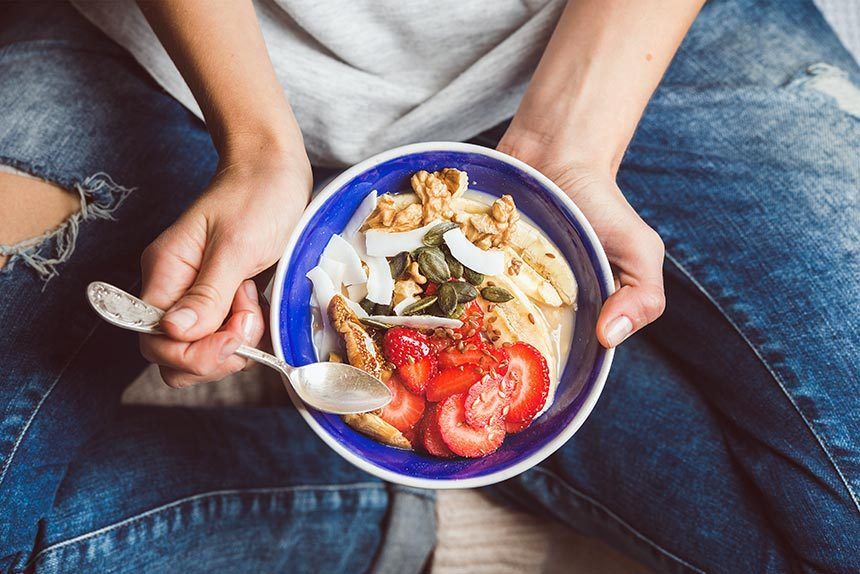Cooking holds a special place in my heart, and to redirect my focus toward more delightful creative pursuits, I’m excited to share some spontaneous vegan recipes that I’ve been experimenting with. Many individuals are consciously or spontaneously moving towards a vegetarian or vegan diet. While both involve eliminating meat, veganism goes a step further by excluding all animal products, including dairy and eggs. Some vegetarians may still consume white meat, such as fish.
For those who consider themselves empaths or are on a journey of spiritual awakening, the decision to reduce or eliminate meat from their diet is often influenced by a heightened sensitivity to energies. The belief is that we absorb the energies of everything we consume, including the memories of the animal during its slaughter, which may carry low-frequency energies like depression and violence.
Personally, I experienced a moment during a meal where I realized the impact of consuming meat on my energy. Despite missing a dish my mother prepared, I couldn’t continue eating after removing the meat. From that point on, I pledged not to be swayed by temptation.
While I no longer perceive eating meat as normal, I recognize that transitioning to a plant-based diet is not a one-size-fits-all approach. It’s crucial to let your body guide you through the process. Allow it to adjust at its own pace. My own transition from a meat-based to a vegetarian/vegan diet took about a month, and I navigated between the two based on what was available in my household.
The key is to listen to your body, avoiding abrupt changes and embracing a gradual shift. If you’re still in the process of transitioning or facing challenges with the availability of fruits, vegetables, and pure water, here are three simple tips to guide you:
- Express Gratitude and Bless Your Food: Before consuming any food or drink, express gratitude and ask that it be healed, purified, and blessed with positive energies such as joy, love, abundance, and good health. Be mindful of what you choose to eat, as you absorb the energies of everything you put into your body.
- Start with Something Fresh: Consume something fresh, like a piece of fruit or freshly squeezed juice, at least an hour before a cooked meal. If you don’t have the luxury of time, aim for at least five minutes before eating.
- Embrace Water and Sunshine: Incorporate a generous dose of water and sunshine into your diet. Water is liquid light, and exposure to natural sunlight provides energy that replenishes your body with brilliance. Spend at least 20 minutes outdoors, preferably during sunrise or sunset, and ensure you stay hydrated by drinking at least eight glasses of water while blessing it for added positivity.
In summary, transitioning to a vegan diet is a personal journey that requires mindfulness and respect for your body’s pace. Bless your food, start with something fresh, embrace water and sunshine, go as fresh as possible, and prepare your meals with a happy heart. Cooking from a space of love and cheerfulness is the true secret to a fulfilling culinary experience.










